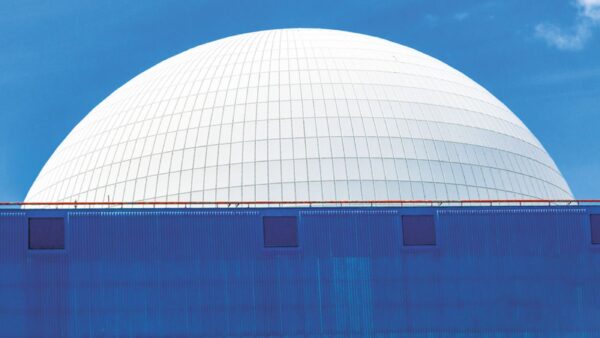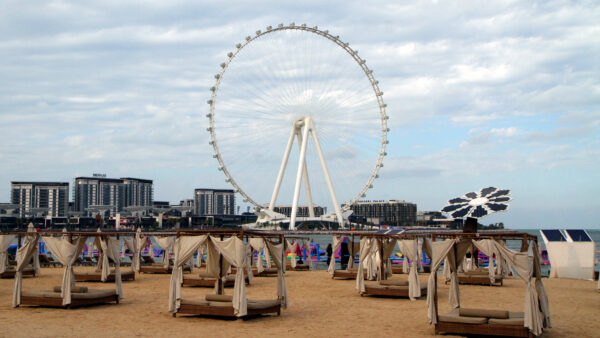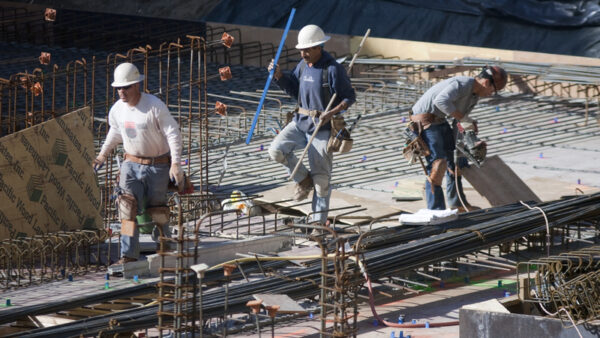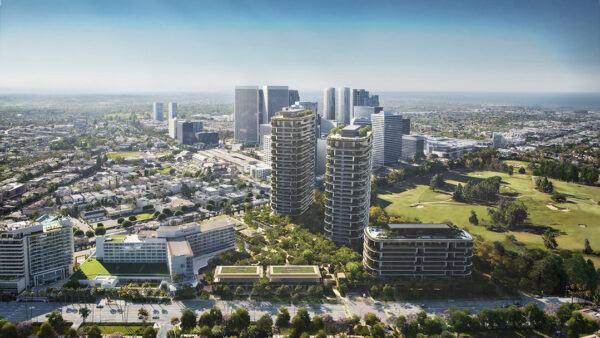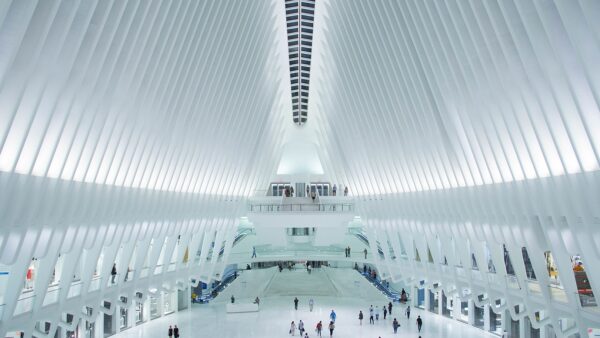A boomtown in the 19th century and a global hub for textile manufacturing, the town of Bolton in northwest England has seen better days.
Now it hopes to revive its fortunes through a £1bn regeneration programme.
The council approved its “Town Centre Strategy” in a meeting held on Monday, 25 September, and the way is clear for the implementation of a masterplan drawn up by architect BDP and commercial property specialist BE Group.
The plan envisages building 1,800 homes and generating economic activity worth an additional £412m on five town centre sites, creating 7,400 jobs.
Bolton is the only place in England where average house prices have declined in the past 17 years
The council has established a £100m fund for works on the five “key intervention areas” that would have the greatest impact on the town’s commercial activity, together with infrastructure investment. This money is intended to prime the pump for a further £900m of private sector investment by paying for site assembly, preconstruction work and supporting infrastructure.
Councillor Cliff Morris, the leader of Bolton council, told The Bolton News: “Yes, our plan is ambitious, yes it is bold, and yes it is aspirational. We make no apologies for any of this.
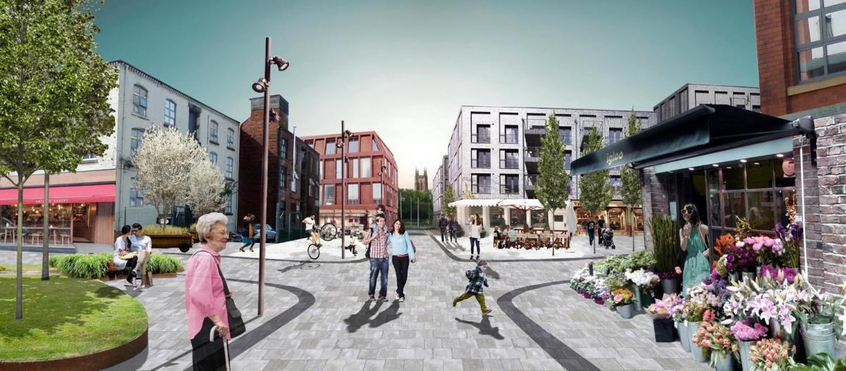
The masterplan aims to retain the traditional streetscape (BDP)
“The regeneration of the town centre is already under way with developments like the £27m Market Place refurbishment and the £48m interchange.
“But more change is needed to make the town centre fit for the future and we are going to drive it forward as rapidly as we can.”
The areas identified for improvement in the masterplan are Trinity Gateway, Cheadle Square, Crompton Place, Church Wharf and Croal Valley. Site preparation in the Trinity Gateway and Church Wharf areas could start as early as spring 2018.
In the case of the Trinity Quarter, the council is aiming for the construction of a hotel, an office block and a multi-storey car following the completion of the interchange.
Bolton, part of Greater Manchester, has a population of about 140,000. It has not down well since the 2008 crash; according to a report in The Daily Mirror, it is the only place in England where average house prices have declined in the past 17 years, from £77,200 in 2000 to £70,600 now.
A recent article in The Guardian noted that almost one in four shops is vacant – the sixth worst figure in Britain – and the Joseph Rowntree Foundation recently named it one of the 12 “top struggling cities in the UK”. And a readers’ poll in The Bolton News, which asked “Is Bolton on the up?” was answered “no” by 90% of respondents.
Top image: A rendering of the new city (BDP)
Further Reading:

